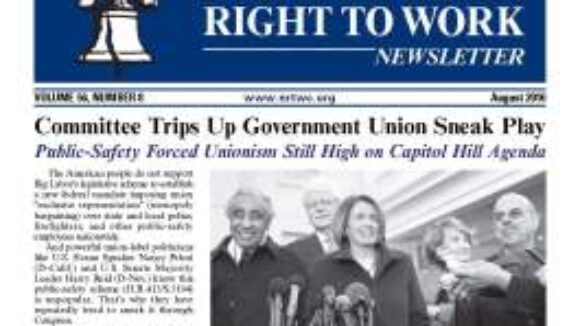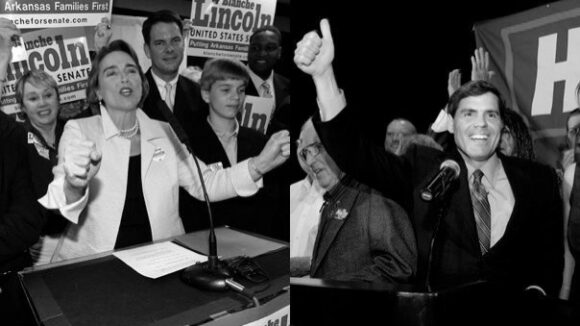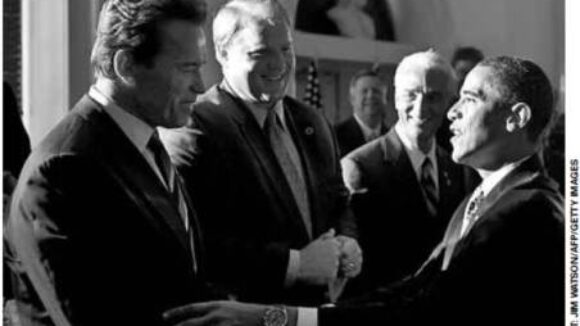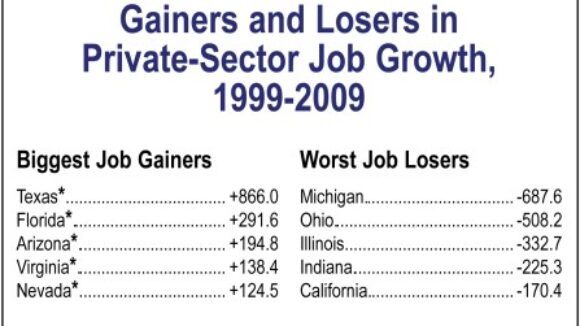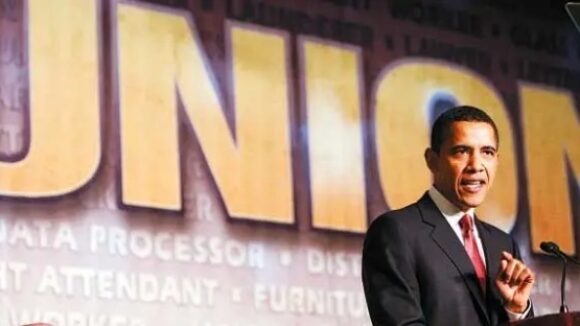Michelle Malkin: Obama’s Big Labor ethics loophole
[stream provider=youtube flv=http%3A//www.youtube.com/watch%3Fv%3D8ia-l1RASG8 img=x:/img.youtube.com/vi/8ia-l1RASG8/0.jpg embed=false share=false width=350 height=250 dock=true controlbar=over bandwidth=high autostart=false /] Michelle Malkin highlights the non-existent ethical standards applied to Obama Big Labor politcal appointees like SEIU/AFL-CIO lawyer Craig Becker who Obama appointed to the National Labor Relations Board (NLRB): Everything you need to know about President Obama’s fraudulent ethics pledge can be summed up in four words: SEIU lawyer Craig Becker. It’s no surprise that Becker now refuses to hold himself accountable for the ethics pledge he himself signed in April. As the past two years have taught us, Team Obama’s operational slogan is: Rules are for fools. The contractual ethics commitment states: “I will not for a period of two years from the date of my appointment participate in any particular matter involving specific parties that is directly and substantially related to my former employer or former clients, including regulations and contracts.” Yet, Becker has participated in numerous NLRB cases involving the SEIU and its affiliates — and is parsing the definition of “former employer” by arguing that local SEIU chapters are “separate and distinct legal entities” that don’t fall under the ethics rules. The National Right to Work Foundation, which has fought both national and local SEIU officials in court on behalf of rank-and-file workers’ rights, eviscerates Becker’s lawyerly blather. SEIU’s own constitution considers local affiliates “constituent subordinate bodies” of the national union, the foundation notes. “Moreover, in 2009 over 85 percent of the SEIU’s receipts came from a per capita tax on the locals’ membership dues and fees. The national union even has the power to assume control over its locals if they do not conform to International policies.”
